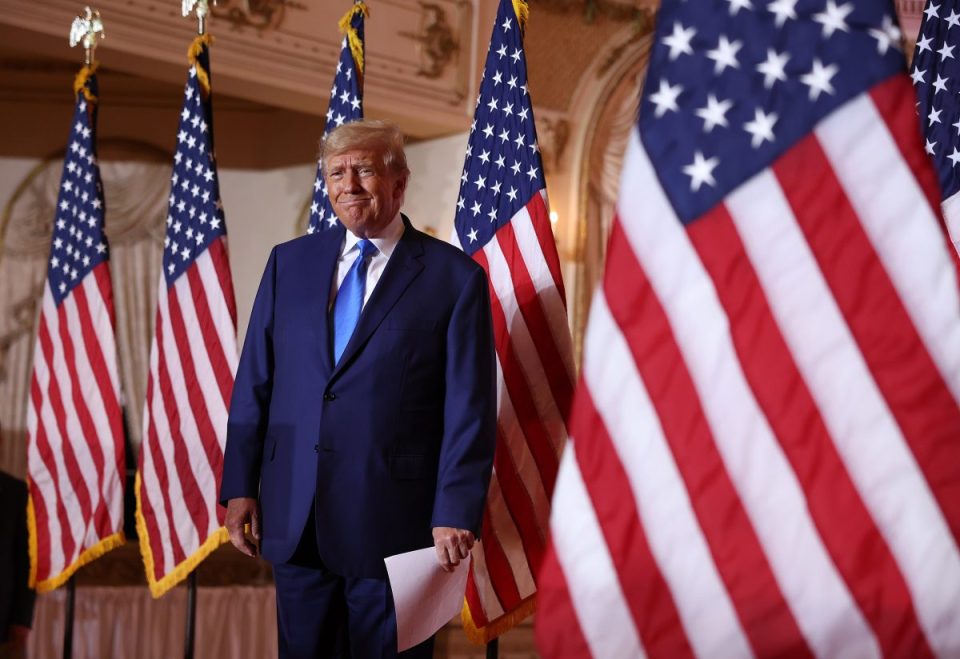Brexit, Trump tariffs and China set to weigh on UK trade

Brexit, Donald Trump’s tariffs and changing relations with China will hamper British trade growth in the next decade, a new report suggests.
UK trade will only grow by 0.7 per cent annually between 2023 and 2033, according to new projections from Boston Consulting Group (BCG), down from a previous estimate of 0.9 per cent.
This would see trade growth fall behind domestic GDP growth, which BCG expects to average 1.6 per cent in the decade to 2033, meaning trade is a less significant part of economic activity.
Global trade, in contrast, is projected to grow at 2.6 per cent every year over the same period.
Brexit will be a major impediment to UK trade growth, the report suggests, although the UK’s trading woes extend around the world.
“UK-EU trade continues to decline due to post-Brexit barriers, but low/no growth is not confined to Europe. UK trade with Canada and Japan, for example, is predicted to remain broadly flat,” it said.
Tim Figures, partner and associate director at BCG, said the new projections were “concerning for a global trading nation such as the UK”.
“While resetting trading relationships with the EU – which remains the UK’s main trading partner – will be critical to addressing this, our projections suggest that the issue is a broader one, impacting exports globally,” he added.
The impact of Brexit on UK-EU trade has been unevenly felt across sectors, with goods trade suffering much more than services.
In 2023, goods exports to the EU were 11 per cent below their 2019 level in real terms. Services exports, in contrast, were nine per cent above their 2019 level in real terms.
The government has said it wants to “reset” its relations with the EU when the Trade and Cooperation Agreement comes up for renewal later this year.
Negotiations are likely to focus initially on a veterinary deal and the mutual recognition of services qualifications, but its unclear whether the EU would be willing to allow greater market access to the UK without concessions on areas like youth mobility.
The threat of tariffs and trade wars
British trade with China, meanwhile, will fall by 2.3 per cent a year despite the government’s attempts to foster closer ties with China than either the US or the EU.
Chancellor Rachel Reeves was in China over the weekend in an attempt to generate greater market access in areas like financial services and agriculture, but the report suggests these attempts will face structural difficulties.
“Global supply chain shifts driven by US and EU policies towards China will still impact the UK,” it said.
The threat of US tariffs could also further dent the UK’s global trading ambitions, particularly in important areas of goods trade like automotive and bio-pharma.

Blanket tariffs could add $3bn to the cost of UK-US trade, the report said, although this could partially be offset by strong growth in services trade.
The one bright spot in the UK’s projected trade performance is its relationship with India, BCG said.
“Rapid economic growth (in India) is predicted to increase bilateral trade by 1.8 per cent a year even without a UK-India Free Trade Agreement (FTA),” the report said.